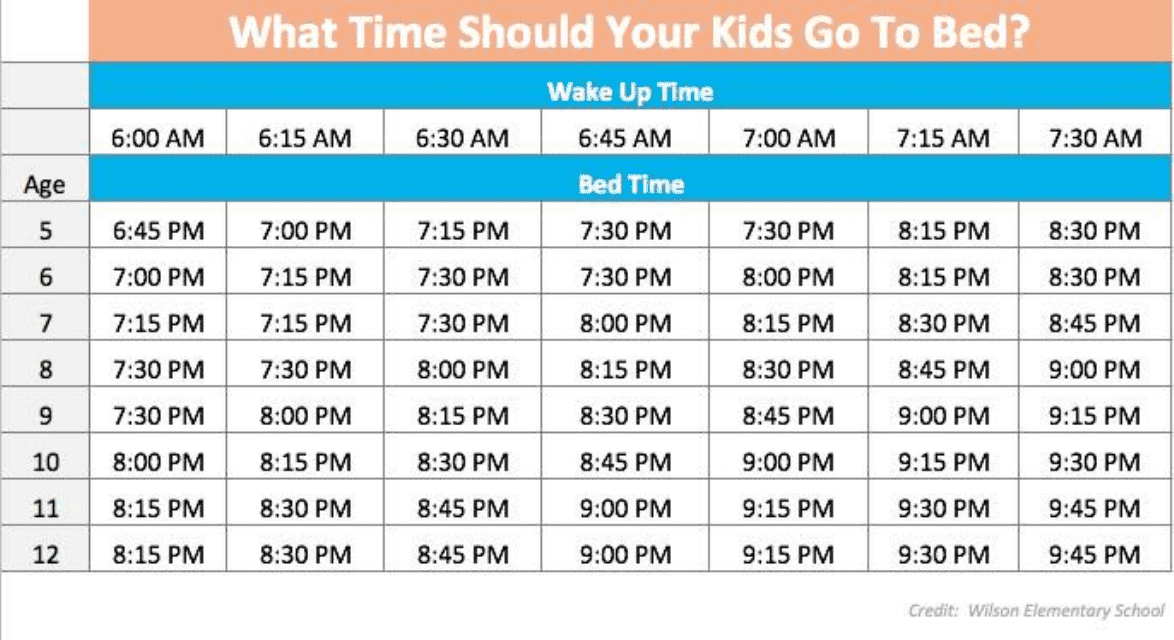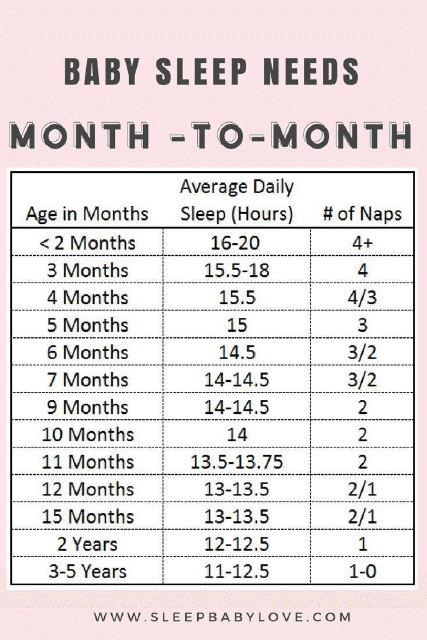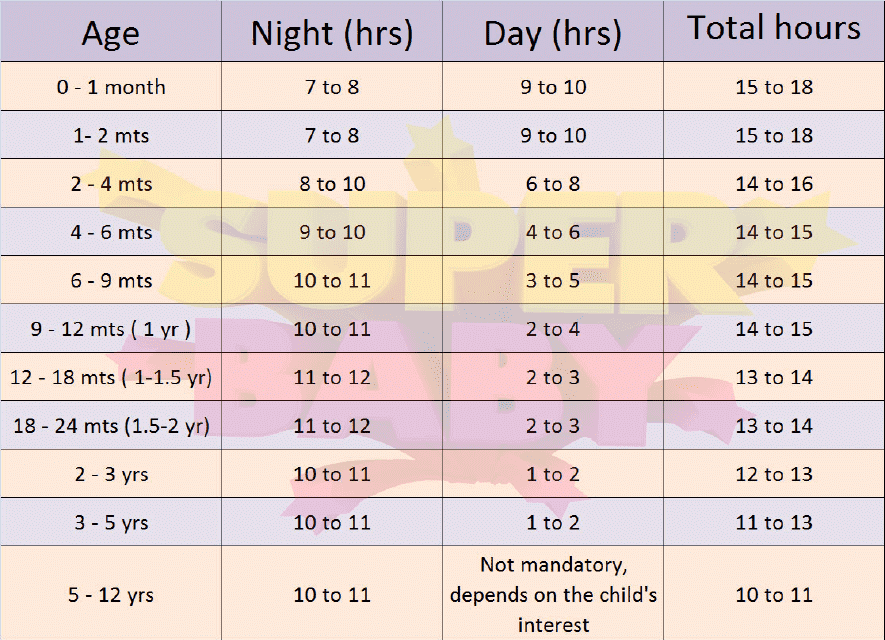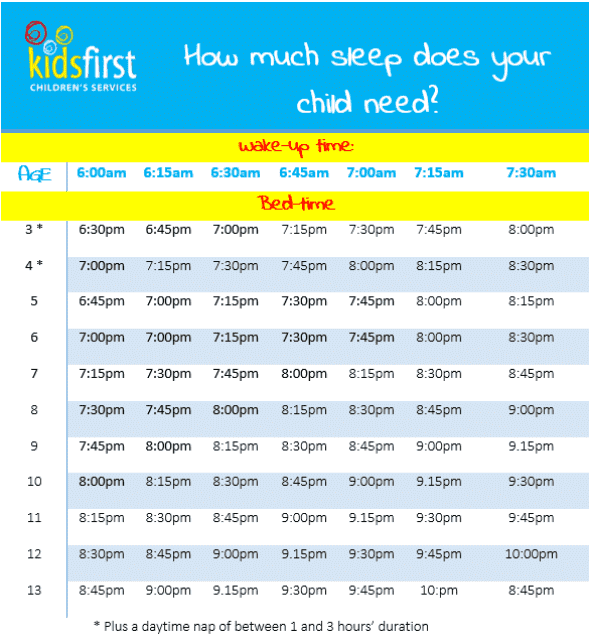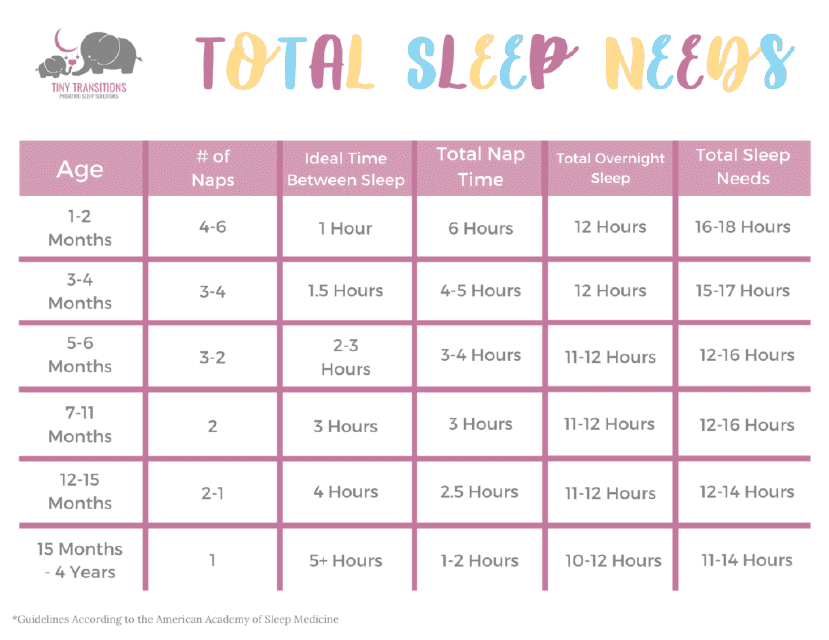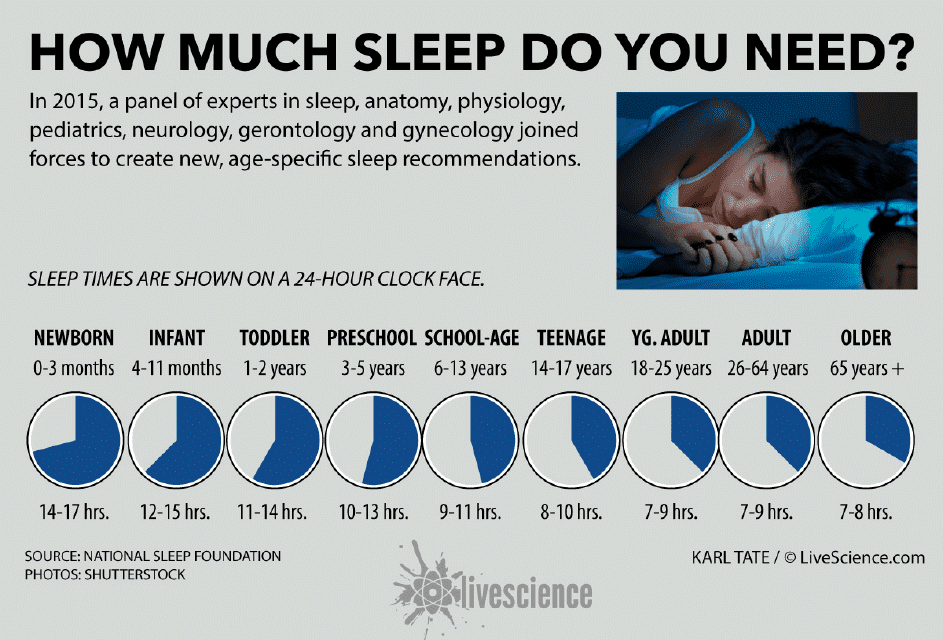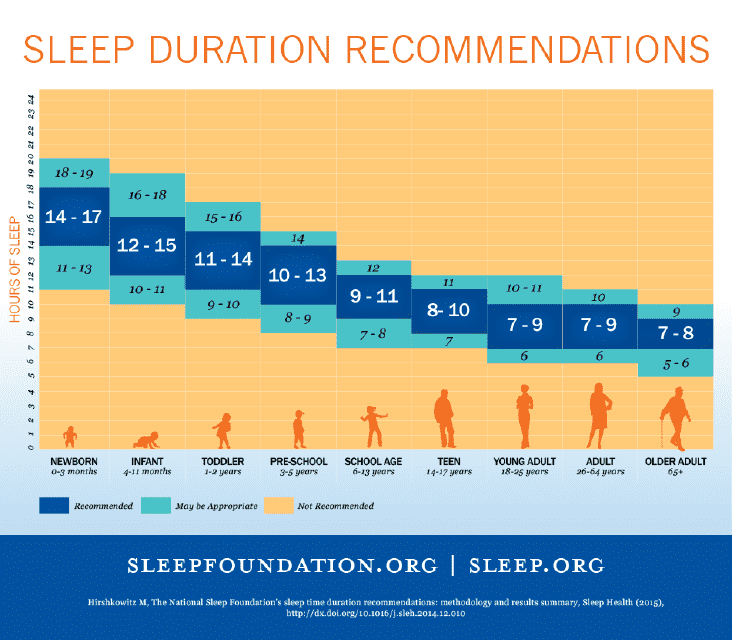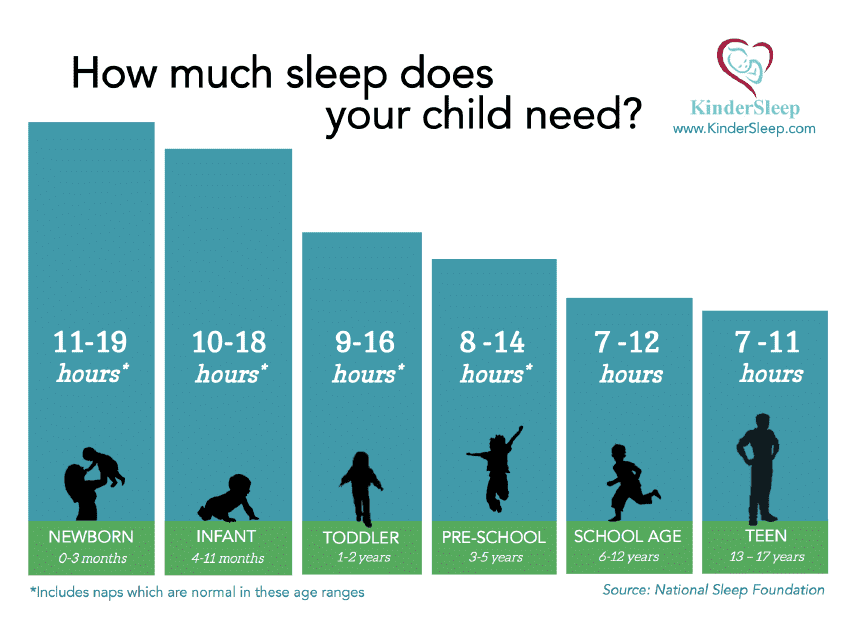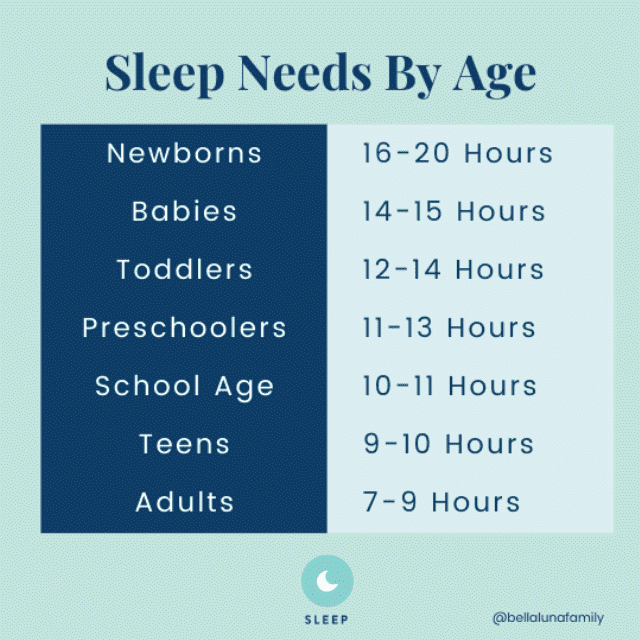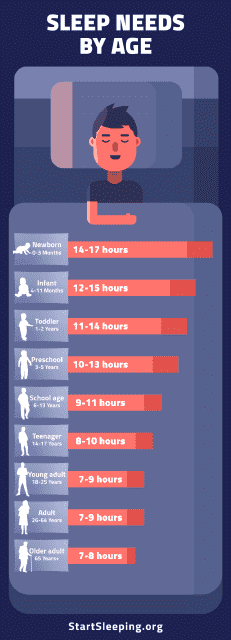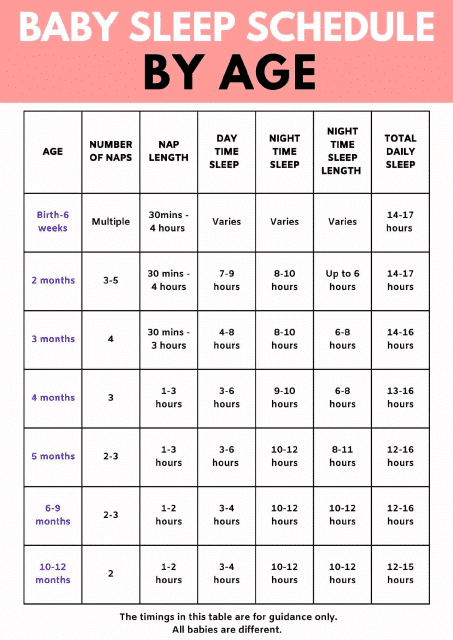Free Sleep Chart by Age Templates
Sleep Chart by Age: What Is It?
A Sleep Chart by Age outlines the suggested sleep schedules for each of the 9 age categories. The recommendations give a normal person's suggested spectrum of daily sleep durations for every category. Depending on the individual's circumstances, sleeping an extra hour longer or shorter than the recommended amount may occasionally be permissible.
Alternate Name:
- Age Sleep Chart.
The recommendations provide a general reference for the amount of sleep kids and adults require whilst noting that everyone's perfect sleep schedule will be different. If you take a look at a Child Sleep Chart by age, you will see a large difference in the various ages:
- Newly born babies require at least fourteen to seventeen hours;
- Infants (up to 1 year old) require slightly less, between twelve and fifteen;
- Toddlers require a minimum of eleven and up to fourteen hours;
- When children start preschool, they need between ten and thirteen hours hence why they often sleep in preschool;
- Once children start school their minimal sleeping hours total nine with a maximum of eleven;
- The recommendations for mid to late teens suggest between eight and ten hours per day will be enough to get by for the rest of the day and feel well-rested.
For a full list of Sleep Chart by Age templates please feel free to check out our library below.
How Much Sleep Do Adults Need?
If you are looking for average references, you need to ensure that you are looking at the correct Sleep Chart by age. Make sure you use the Sleep Chart by age for adults to avoid confusion. Generally, young adults and adults in general need a minimum of seven hours of sleep and ideally should not exceed nine hours.
For the older population, aged 65 and over the number of hours can comfortably be decreased by one but there should still be a minimum of seven per day.
However, as previously mentioned these are general guidelines and the amount of sleep ultimately depends on the individual, their quality of sleep, and other factors which include:
- The presence of any health complications that could affect the quality of sleep;
- The amount of energy that you output on a daily basis. If you play sports daily or perhaps your occupation requires a lot of manual labor, it could mean that you need more sleep;
- Your level of alertness throughout the day. If you are a driver for example and often feel tired behind the wheel, it could mean that you need more hours to stay alert;
- Caffeine intake can also have an effect on the quality of sleep that you receive;
- If you have taken note that despite getting the required hours, you still feel extremely sleepy and it feels like your day was not productive it could be a sign that you are not getting enough sleep.
Remember, you know your body better than anyone so if something feels off – try and alter your sleeping pattern and the activities you do throughout the day.
Still looking for a particular template? Take a look at the related templates below:
Documents:
11

